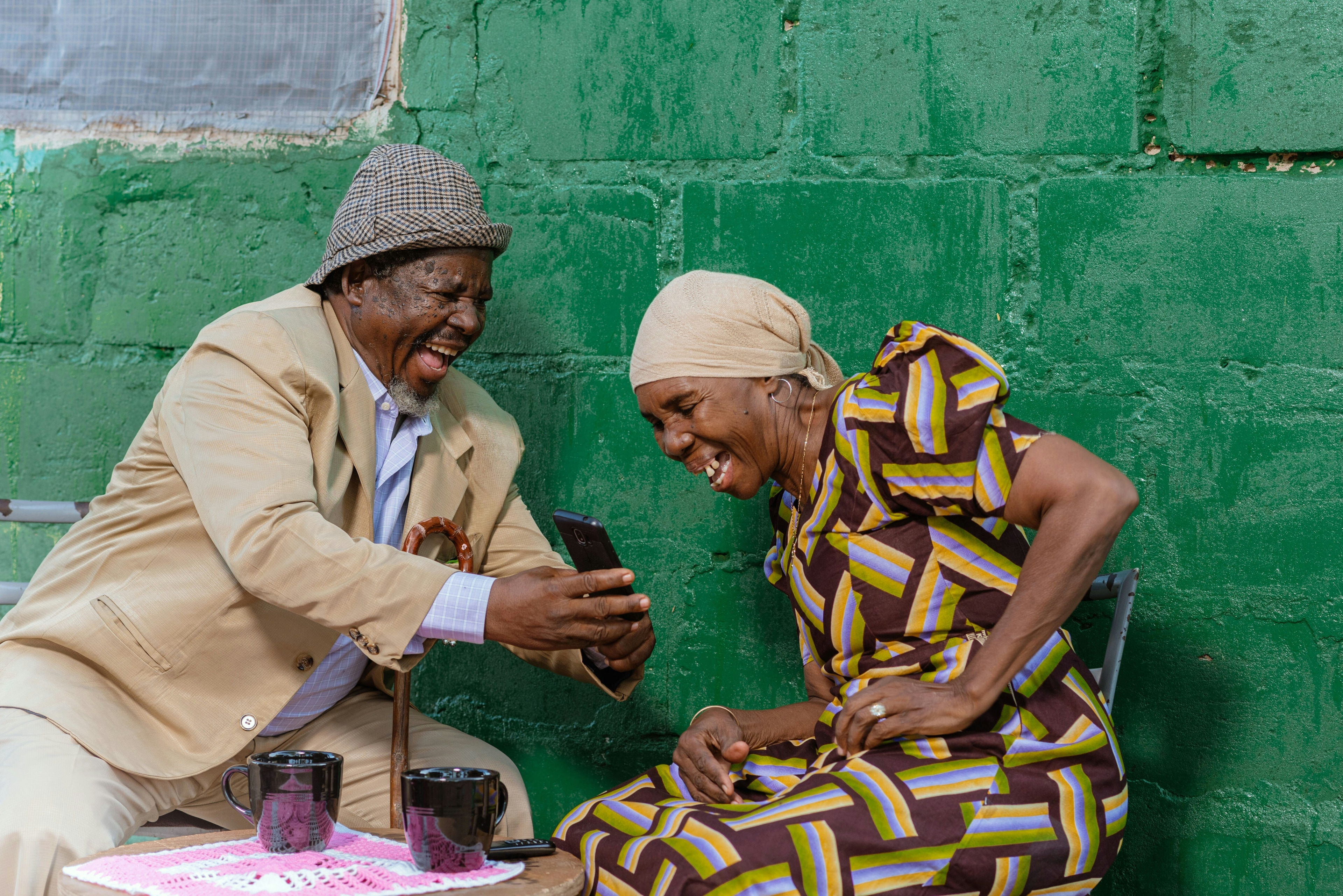Diversity in law enforcement may improve policing, study shows

Research shows that Hispanic and Black officers make far fewer stops and arrests than white officers. Image: Pixabay/cocoparisienne
- A new study of the Chicago police suggests that having a more diverse force may improve policing, researchers say.
- Hispanic and Black officers make fewer arrests than white officers, particularly against Black civilians, the study shows.
- Female officers of all racial groups use less force than males.
- The research could provide valuable insight at a time when US law enforcement is grappling with disproportionate violence against Black civilians by police officers.
A study of diversity in US law enforcement has backed up theories that a more diverse police force may improve policing.
Hispanic and Black officers make far fewer stops and arrests than white officers, especially against Black civilians, according to new research on the city of Chicago police force. The trend was particularly noticeable in predominantly Black areas of the city, and was focused on minor crimes and non-violent offences, the study authors say.
In their report, called The role of officer race and gender in police-civilian interactions in Chicago, researchers and data scientists, assembled from different American universities, found that over the course of 100 shifts Black officers make around 15 fewer stops and two fewer arrests than white counterparts working in similar neighbourhoods at similar times.

The data is based on nearly 3 million officer shifts between 2012 and 2015, covering 1.6 million enforcement events by nearly 7000 officers.
The researchers also found that female officers of all racial groups use less force than males.

Tackling a lack of diversity in law enforcement
As American law enforcement tries to address the disproportionate number of Black Americans shot and killed by police, the research could provide valuable insight.
Black Americans are far more likely to be shot and killed by the police than their white compatriots. Figures from the US National Library of Medicine found that between 2009 and 2012, 32% of people killed as a consequence of police action were Black – a disproportionately large proportion compared with the general population, of which Black people make up around 13%.
In recent years the city of Chicago has made a series of attempts to make itself more reflective of the city’s population; about half of its police officers are now non-white and more than one-fifth are women.
What's the World Economic Forum doing about diversity, equity and inclusion?
But critics argue that lack of diversity in police forces is only part of the problem. Despite making progress in terms of the diversity of its police force, Chicago PD has faced repeated criticism relating to the fatal shootings of, predominantly, young Black men by the police. Civil rights organizations like Color of Change argue in favour of reallocating money and other resources into community-based initiatives that champion alternative approaches.
Don't miss any update on this topic
Create a free account and access your personalized content collection with our latest publications and analyses.
License and Republishing
World Economic Forum articles may be republished in accordance with the Creative Commons Attribution-NonCommercial-NoDerivatives 4.0 International Public License, and in accordance with our Terms of Use.
The views expressed in this article are those of the author alone and not the World Economic Forum.
Stay up to date:
Social Justice
Forum Stories newsletter
Bringing you weekly curated insights and analysis on the global issues that matter.






